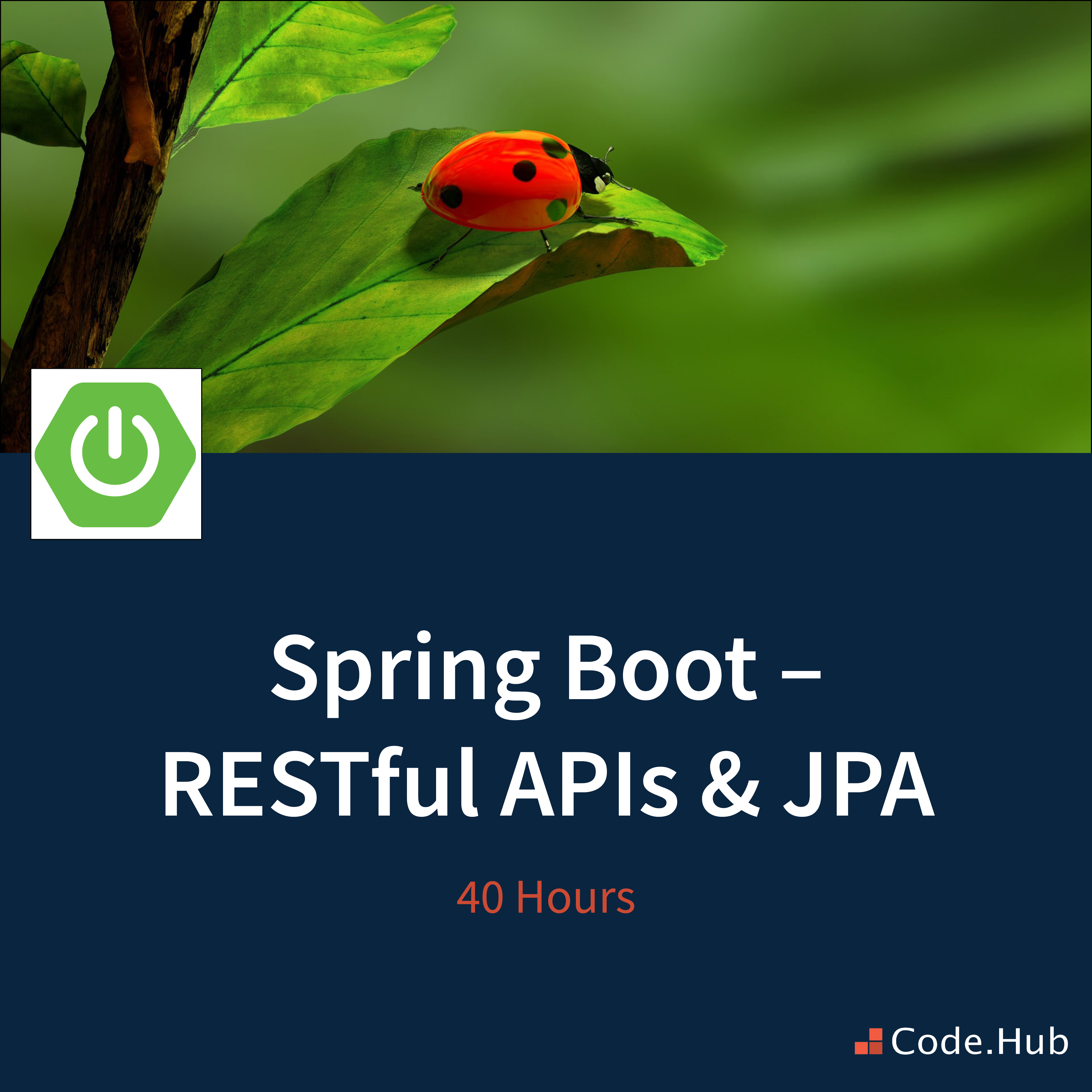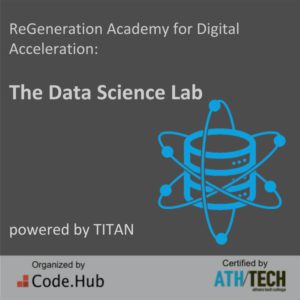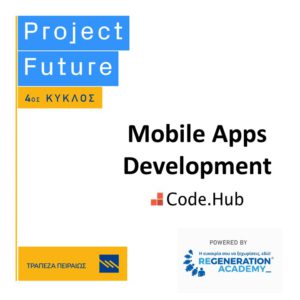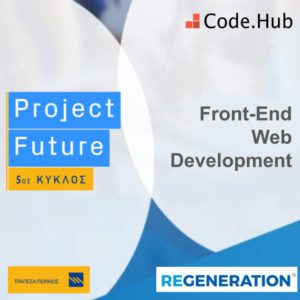
Spring Boot – RESTful APIs & JPA
Spring Framework has for long been around as the de facto standard framework for developing Java applications and has been established as a complete base framework that addresses almost all modern business needs via its portfolio projects. Among all Spring solutions, Spring Boot is maybe the most exciting new thing to come. Spring Boot offers a new paradigm for developing web/cloud applications, focusing on minimizing boilerplate code and only leaving the development of the business logic itself for developers. Recognizing the universal dominance of Spring Boot in building modern enterprise web applications, this training course mainly focuses on the common but still demanding problem of designing and implementing efficient and reliable RESTful applications with persistence layer.
The Code.Learn Spring Boot – RESTful APIs & JPA program, designed in exclusive collaboration with Athens Tech College, teaches the participants a lot of best design practices, performance optimization principles, and implementation skills, which can be included in any modern Java enterprise application.
Key Objectives
The key learning objectives of this program can be summarized as follows:
- Introduction to basics
- Spring Boot vs. Spring
- Why Spring Boot is so popular – What Spring Boot is not
- Spring Framework Basics (dependency injection, autowiring, bean scope, bean lifecycle, component scan)
- RESTful APIs with Spring Boot
- REST Principles
- How to Properly Design an API
- REST Verbs
- Response Codes
- Validation (Server-Side)
- Exception Handling
- Versioning
- Filtering
- Java Persistence API (JPA) & Hibernate
- Spring Data
- Relevant Annotations (Entity, Repositories, Services etc.)
- Fetching Types (Eager vs Lazy)
- Transaction Management
- JPQL, Native Queries
- Transaction management
Target Audience
Higher education graduates in one of the following fields:
- Computer Science
- Ιnformatics
- Software Engineering
- Web and Mobile Development
- Computer Engineering
- or any other relevant area
Prerequisite Knowledge
Some familiarity with Spring will be beneficial, but not required.
Classroom
Sessions can be carried out:
- Live in a physical classroom
- Live online through video conferencing environments
- Using a Hybrid combination of both live physical and online approaches
The teaching method will depend on the conditions at the time the training will run and on the participants’
preferences.
- PREMISES: Code.Hub Training Center Leof. Alexandras 205, Athina 115 23





